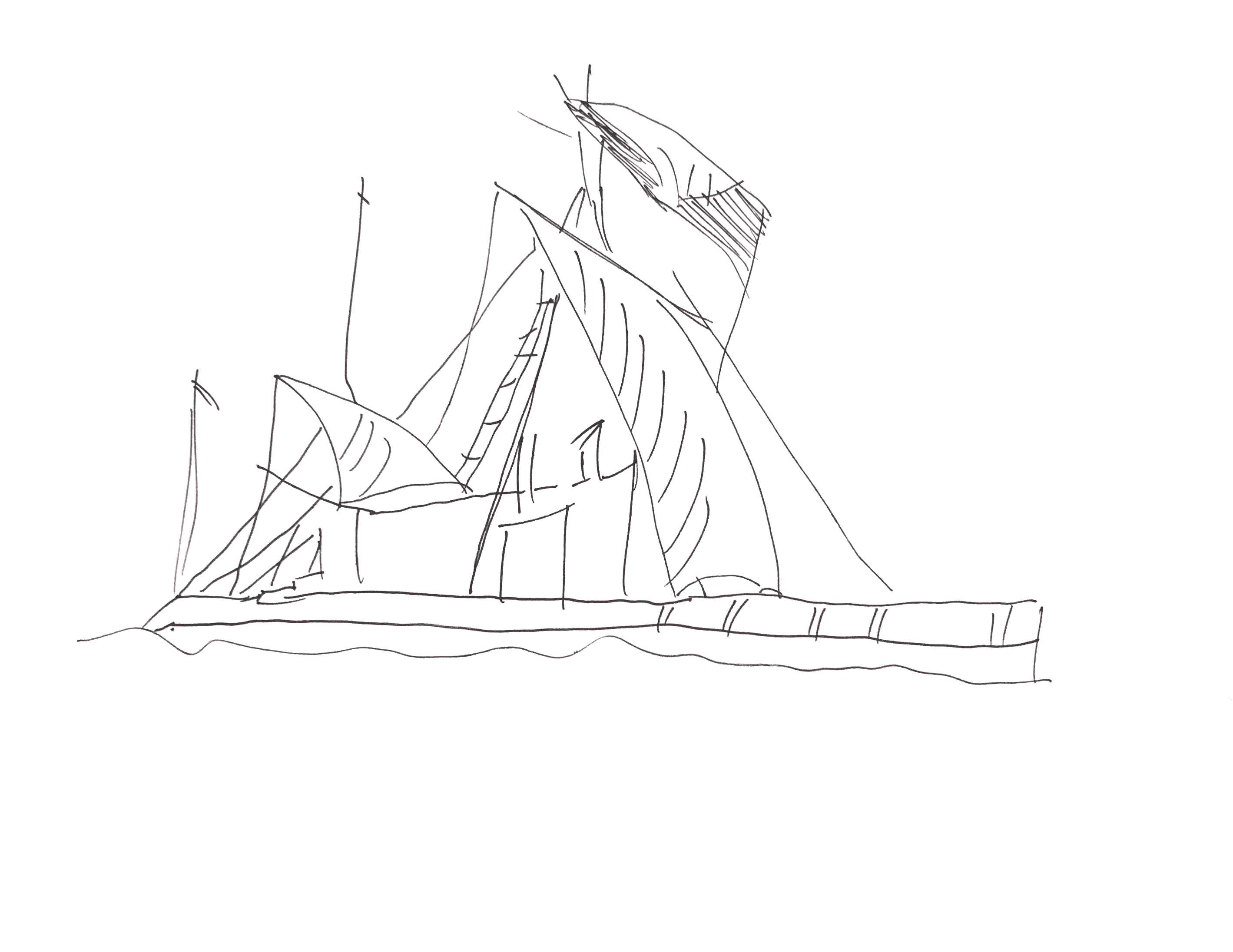Everyone who participates in Open-Source Learning proves that it works. Sometimes the results are observably extraordinary, like when a high school student learns to fly a plane or leads an entire learning community for a long weekend of interdisciplinary wonder in Yosemite.
Often, Open-Source Learning creates more subtle results. We shift our thinking in ways that would be invisible to others if we don’t curate them somewhere for people to see – like what I’m doing right now on this blog.
In the old days, students would work as assigned by a teacher. The only artifact would be a piece of paper. Only two people would know the work existed. After the teacher scrawled a score, a grade, or a comment on the artifact, the student would stuff it in a binder, or the bottom of a backpack, and eventually toss it or lose it altogether.
So, I have to wonder. Why, in the age when everyone is documenting everything about their lives, don’t learners and schools publicly curate the value of what they think? Why are we settling for learning management systems and other walled gardens that elicit users to create content that generates value only for the owners of that particular digital space? Isn’t that the digital equivalent of sharecropping?
This sort of thinking led me to use free software on the public internet with students. And for years, that worked just fine. Selecting tools was a valuable part of the critical thinking process.
But digital companies got more and more sophisticated at extracting values in ways people can’t see.
We needed something new. During the pandemic I collaborated with my dear friend and computing genius Martin Dow to create the Open-Source Learning Academy Protocol. OSLAP is a software environment in which people are people. We own our identities and the content we create.
Recently wrote a chapter for the University of São Paulo in which I describe the project in more detail. Below is a draft; I would love to know what you think.
Step aboard the digital Kon-Tiki:
draft for blog open source learning chapter for u of são paulo